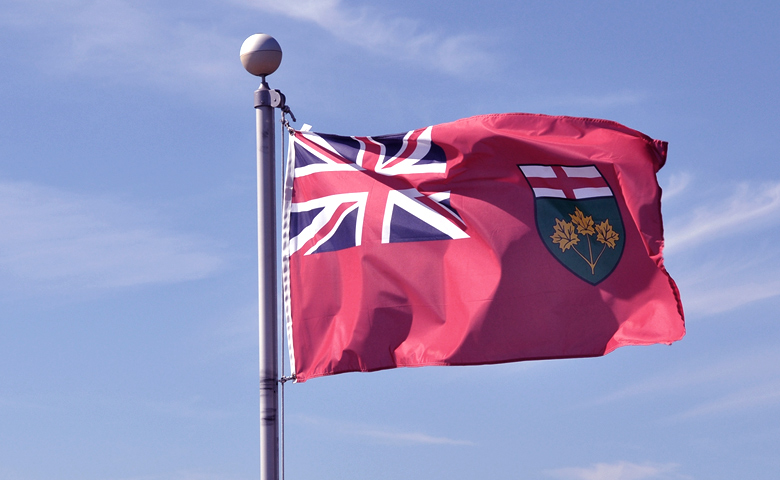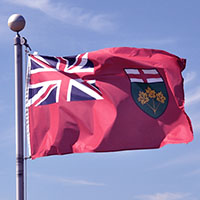Deputy Prime Minister and Minister of Finance Chrystia Freeland presented Canada’s federal budget (Budget 2024) on April 16, 2024. Titled Fairness For Every Generation, Budget 2024 is centered around three pillars aimed at supporting the middle class:
Housing
Budget 2024 announces numerous measures aimed at building more homes and making it easier for Canadians to rent or own a home. Canada’s Housing Plan outlines how the federal government intends to tackle the country’s housing crisis, including calling on other levels of government and homebuilders to roll up their sleeves to help achieve the goal of building 3.87 million homes by 2031. It also proposes more tax incentives to save for a down payment and the option to include rental payment history in their credit scores.
Affordability
As cost-of-living challenges continue to strain Canadians’ pockets, Budget 2024 proposes measures to enhance the country’s social safety net, like the launch of a national pharmacare plan, enhancements to the Canada Pension Plan, and the creation of a youth mental health fund. Budget 2024 also aims to take action on rising food prices through the introduction of a national school food program.
Economic growth
Growing Canada’s economy is a focus in Budget 2024, which proposes measures aimed at increasing investment, enhancing productivity, and encouraging innovation. It invests in Canada’s tech sector to build capacity in artificial intelligence (AI) for computing capabilities and technological infrastructure. Budget 2024 also continues to support the green economy by delivering key components of the government’s $160 billion investment in clean growth measures announced since 2015. Additionally, it introduces the Canadian Entrepreneurs’ Incentive to support Canadian entrepreneurs who sell all or part of their company.
To learn more about the budget, read the Grant Thornton website.
You could also like to read
Next article
The Grant Thornton International IFRS team has published the first publication in the Insights into IFRS 17 series:
• Impact on non-insurance entities.
The International Accounting Standards Board (IASB) issued IFRS 17 Insurance Contracts to replace the identically titled, interim standard, IFRS 4.
The new standard came into effect for reporting periods beginning on or after January 1, 2023. As its title suggests, IFRS 17 addresses the accounting for insurance contracts rather than being explicitly aimed at insurance entities. As a result, it applies equally to insurance contracts issued by insurance and non-insurance entities.
The Insights into IFRS 17 series explains the key features of the standard and provide insights into its application and impact.
The first publication in the series focuses on the scope of the standard, specifically as it relates to activities and contracts issued by non-insurance entities. It aims to give an overview of the key risks and points to consider when assessing whether a contract is in the scope of IFRS 17.
Download this IFRS Adviser Alert for more information.
Next article
Finance Minister Peter Bethlenfalvy tabled Ontario’s 2024-25 budget (ON Budget 2024) on March 26, 2024.
Consult our bulletin.
Next article
Finance Minister Ernie Steeves tabled New Brunswick’s 2024-25 budget on March 19, 2024.
NB Budget 2024 introduces a new provincial vaping tax and increases support for low-income seniors; it makes no changes to corporate or personal tax rates.
NB Budget 2024 projects a surplus of $247 million for the 2023-2024 fiscal year, compared to a $40 million surplus projected in the previous budget, to reflect restated revenue and expense due to government reorganization.
Learn more about this budget on Grant Thornton Canada web site.




